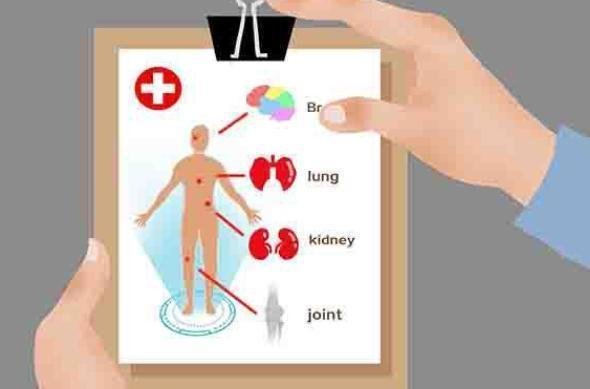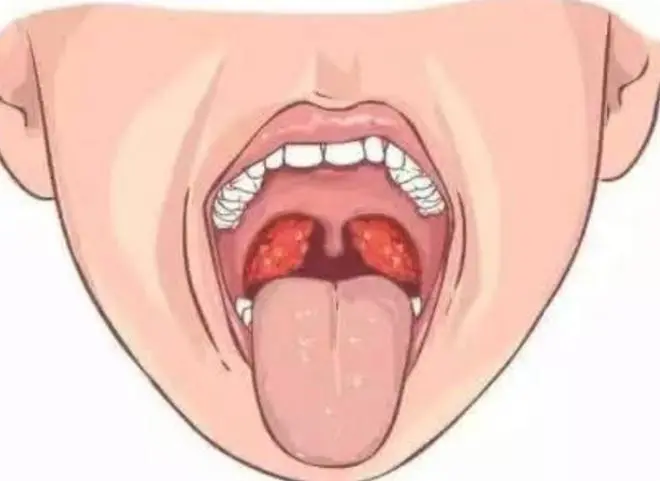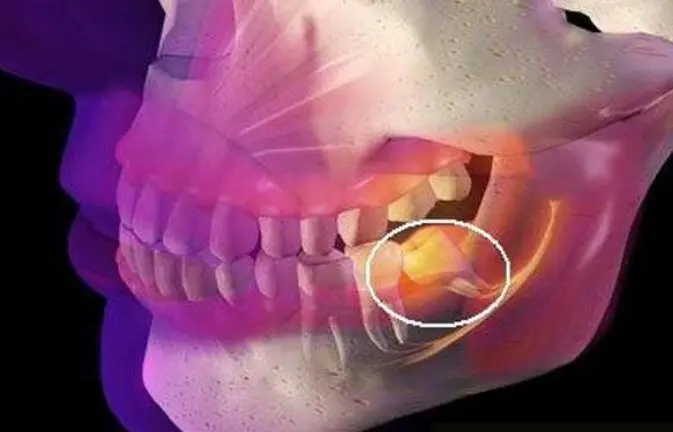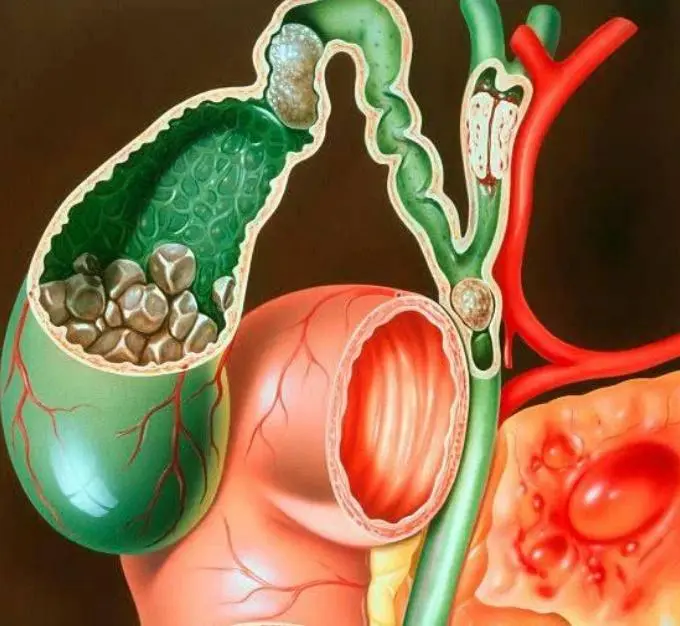The human body has a total of 206 bones, 36 organs, and 23 trillion cells. Too many tissues and organs are not indispensable to us. So, which organs can we survive after giving up? Which organ can be removed without harming the body

Let’s follow the doctor’s footsteps to find out!There are 6 organs in the human body that are “excessive”. Maybe removing them will not affect normal life? how many do you know
1. Organ 1: Tonsils
If the human body becomes angry or uncomfortable, it will lead to tonsil hypertrophy, and once the tonsils become hypertrophic, it may cause difficulty in swallowing whether it is eating or drinking, and it will also be accompanied by pain.

After the tonsils are enlarged, it is very difficult to restore the original appearance. At this time, some people will choose to remove the tonsils directly. Although it is said that the removal of the tonsils will not affect normal life in a short time, the tonsils also have a certain antibacterial effect. After removing it, it will also bring certain health risks to the body.
2. Organ 2: Wisdom Teeth
Many people around us have wisdom teeth. If you go to the dentist, the doctor will also recommend extraction. Are wisdom teeth not normal teeth?

In fact, in the process of human evolution, wisdom teeth also have many functions. With the progress of human civilization, the diet has gradually become more and more refined, and the mandible is much smaller than that of primitive people, and the bones do not leave enough space for wisdom teeth. It does not undertake the function of chewing, so it is not a necessary organ. In the process of growth, it will also affect the health of the teeth, causing unbearable pain from time to time.
3. Organ 3: sinuses
The sinuses are next to our nasal cavity and are directly connected to our nasal cavity by the sieve tube. The main role in the body is to cool the eyes and change the tone and pitch of speech. In life, many people have hereditary rhinitis, or when their resistance is relatively low, they suffer from rhinitis, and it is difficult to recover repeatedly. This is why many people choose to have surgery to remove the sinuses directly. In theory, it will not endanger life safety.
4. Organ 4: Gallbladder
The gallbladder is the organ that stores bile. The gallbladder is prone to inflammation or stones, and when it occurs, it can make people feel unbearable. Almost every day in the world, people have their gallbladder removed. Although it will not be life-threatening, what effect will the gallbladder have after removal? Woolen cloth?

First, after the removal operation, the digestive function will be affected in a short period of time. After a long time, the common bile duct can gradually replace the function of the gallbladder, and the basic life will not be greatly affected. In recent years, studies have shown that, Removing the gallbladder increases the risk of bowel cancer, although this claim is also controversial.
5. Organ 5: Male Breast

Both men and women have breasts, and they begin to grow and develop during puberty, and are slowly fixed and formed. This organ is very important for women, and it is also a feeding organ needed for childbirth. However, for men, it can basically be said to be a useless organ, but men will also suffer from infection or inflammation like female friends, and even mastitis, breast cancer, etc., but if the disease is serious, it can also be directly mastectomy.
6. Organ 6: Coccyx
In the process of human evolution, many people also consider the coccyx to be a useless organ. Indeed, its existence will not play any physiological role for modern humans. Broken or broken vertebrae. Once the coccyx is fractured or broken, the pain is very strong. Since there is no actual use of soil, surgery can also be considered.
Why Can’t Human Organs Regenerate?
Reading Extension – Why Can’t Human Organs Regenerate?
Humans are developed from embryonic stem cells that develop into various types of cells. When humans are born, these cells are replaced by adult stem cells. Adult stem cells have limited differentiation capacity and can only repair damaged parts of the body, such as healing wounds, Hair grows, the epidermis is renewed, etc., but cannot be regenerated.
Current research has proved that most organs in the human body cannot achieve regenerative functions, and only a small number of organs, such as the liver, are very precious to the human body. You must pay attention to taking good care of them in peacetime, and don’t wait until you lose them before starting to regret it.
Read more about health on http://www.facefof.com
